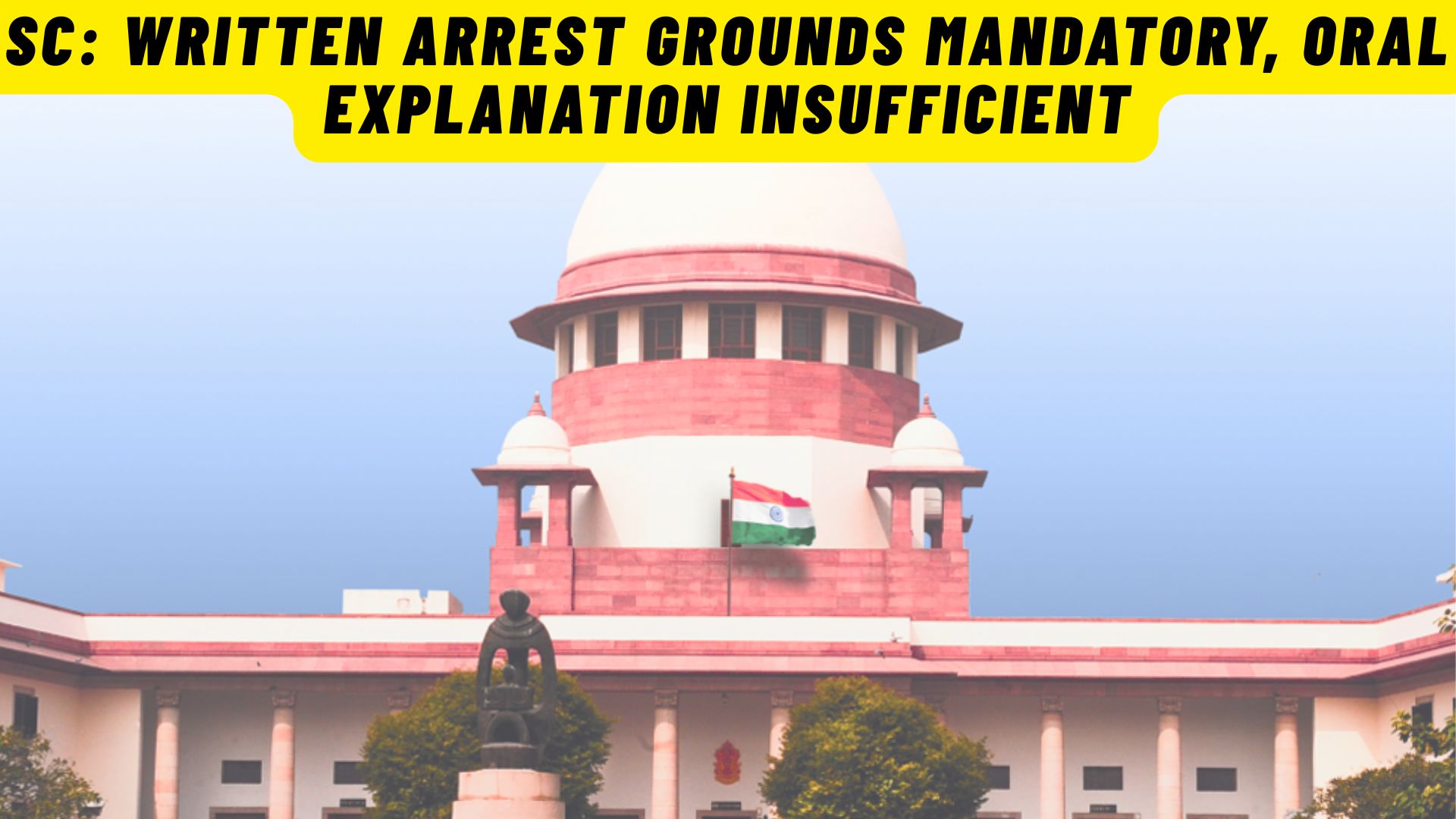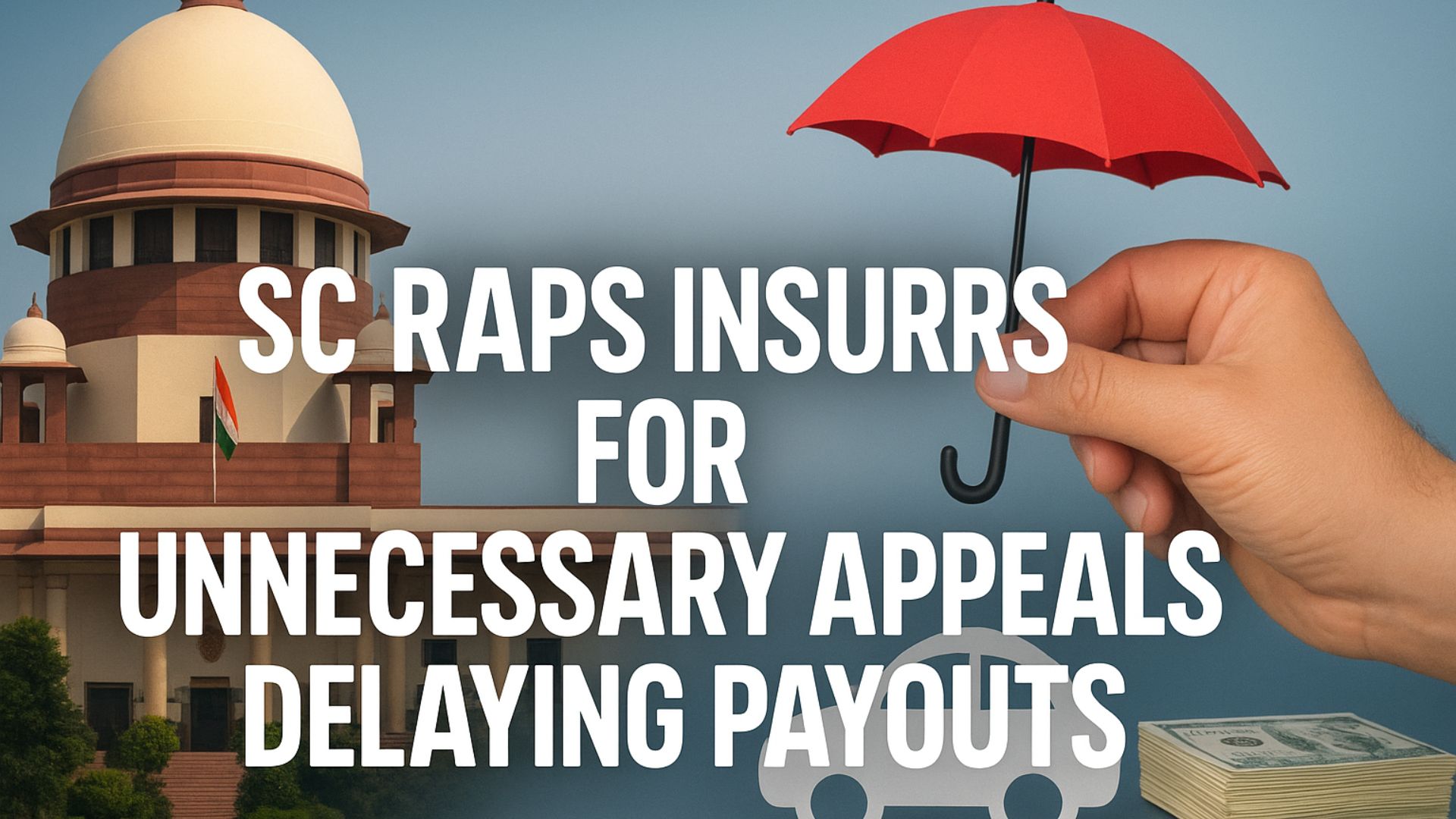@JUDGMENTTAG-ORDER
F.M. Ibrahim Kalifulla, J
1. The Assessee has come forward with this revision challenging the order of the Tribunal dated 12.8.2002 passed in T.A. No. 234 of 2001. The
question of law which the Petitioner has raised in this revision are as under:
(i) Whether in the facts and circumstances of the case, the Tribunal is correct in fixing the ratio at the rate of 50:50, which is against the accounts
produced by the Assessee?
(ii) Whether in the facts and circumstances of the case, the Tribunal is right in sustaining the penalty in respect of estimated addition in view of
explanation to Section 12(3)(b), which provides for deduction of tax due on the estimated turnover for the purpose of calculating penalty?
2. The brief facts are, the Petitioner � Assessee is a dealer in brasswares. It reported a total and taxable turnover of Rs. 7,93,057/-. The
Assessing Authoritydetermined the same at Rs. 8,98,897/- and levied penalty of Rs. 430/-. Whileassessing the liability of tax, the Assessing
Authority initially proposed toassess 70% of the turnover at 8% under the residual entry of Part � B of the First Schedule and 30% at 4% under
item 7-C of Part -B of the First Schedule. Thoughthe Petitioner contended that the whole of the taxable turnover should be assessedat 4% as the
brasswares dealt with by the Petitioner falls only under item 7-C of Part-B of First Schedule, which provides for only 4% tax, the Assessing
Authority, however, found that the Petitioner, out of inter-state purchase turnover of Rs. 2,81,831/- effected purchases of brass utensils and
Kuthuvilaku to the value of Rs. 1,38,196/- and the remaining turnover of Rs. 1,43,645/- represented sale of brass items. Thereafter, by making a
specific reference to the description of item 7-C namely, Brass and Copper Domestic Utensils, for which the rate of tax was fixed at 4% with
effect from 5.3.1997 by Act No. 40 of 1997, held that, the liability of tax for the domestic utensils and other brassware''s can be apportioned at
35:65. The Assessing Officer also levied penalty of Rs. 430/- invoking Section 12(3)(b) of the Tamil Nadu General Sales Tax Act.
3. On appeal before the Appellate Assistant Commissioner, the First Appellate Authority while affirming the order of the Assessing Authority,
enhanced the percentage of the brassware''s as between domestic utensils and other wares to 50% and 50% and also confirmed the penalty
imposed by the Assessing Authority. The Tribunal, having affirmed the said order of the Appellate Assistant Commissioner, the present revision
came to be entertained.
4. We heard Mr. Trilokchand Chapala, learned Counsel appearing on behalf of the Petitioner and Mr. Haja Naziruddin, learned Special
Government Pleader for the Respondent.
5. At the outset, the learned Counsel for the Petitioner stated that the question of law relating to bifurcation of the brasswares into domestic utensils
and other wares based on item 7-C of Part � B of First Schedule and the residuary item of the said part of First Schedule, are not under
challenge. As far as the enhancement of the apportionment from 35:65 to 50:50, as held by the Appellate Assistant Commissioner is concerned,
the learned Counsel pointed out that while the Assessing Authority has given specific reasons for making the apportionment at 65% and 35%, for
enhancing the said rate, no reason was adduced by the Appellate Assistant Commissioner.
6. We also perused the order of the Appellate Assistant Commissioner. In paragraph 9 of the said order, the Appellate Assistant Commissioner
merely stated that the apportionment was justified in the absence of a separate accounts; the apportionment in the ratio of 70% and 30% was high
and that fixing it at 50:50would be reasonable. There was no specific reason stated as to why the Appellate Assistant Commissioner interfered with
the apportionment made by the Assessing Officer, who fixed it as 65% for sale of domestic items and 35% for sale of other items. In fact, for fixing
at 35% for other items, the Assessing Authority made specific reference to the inter-state purchase turnover made by the Petitioner tithe value of
Rest. 2,81,841/- out of which, purchase of brass utensils and Kuthuvilakuwere to the value of Rs. 1,38,196/- and the remaining turnover of Rs.
1,43,645/-represented sale of other brass items. In such circumstances, in the absence of any other reasoning other than what has been stated by
the Assessing Authority in the order of assessment, the conclusion of the Appellate Assistant Commissioner toalter the percentage to 50:50 without
assigning any acceptable reason, would vitiate the said order of the Appellate Assistant Commissioner. In fact, theTribunal also in one sentence
held that the Appellate Assistant Commissioner''sconclusion was reasonable. Therefore, that part of the order of the Appellate Assistant
Commissioner in altering the ratio from 35:65 for other brass wares and domestic utensils to 50:50 cannot be justified, inasmuch as the same was
without any legally acceptable material.
7. As far as the levy of penalty is concerned, under Explanation (1) to Section 12(3)(b), it is stated that when the turnover represents additions to
the turnover as per books made by the Assessing Authority without reference to any specific concealment of turnover from the accounts, for the
purpose of levy of penalty, such added turnover should be deducted. In the case on hand, there is no such additions to the turnover, except making
an apportionment, for the purpose of fixing the rate of tax at 4% and 8% for the domestic utensils and other brasswares. In such circumstances,
when the statutory provision providing for imposition of penalty u/s 12(3)(b) read along with Explanation (1) does not contemplate levy of penalty,
the penalty imposed by the Assessing Officer and sustained by the Appellate Authority cannot be sustained.
8. The questions of law are thus answered in favour of the Petitioner and the revision stands allowed. No costs.

